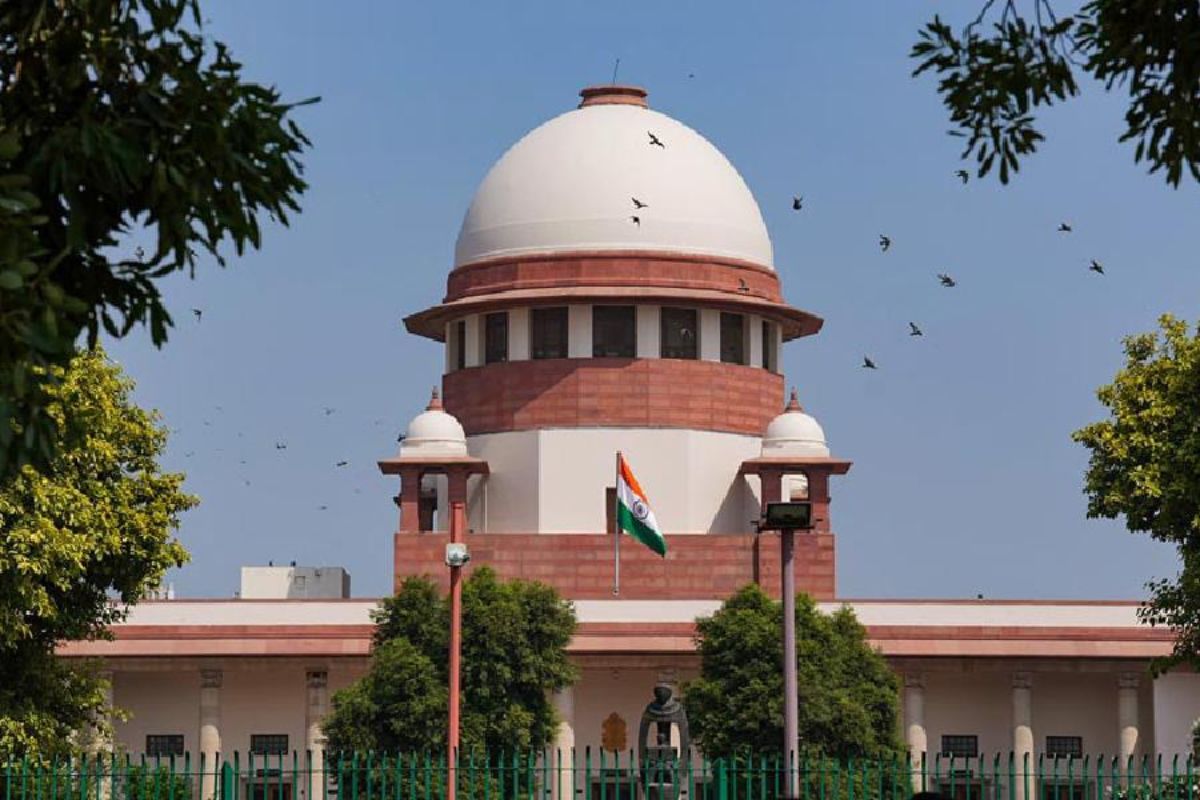In a crucial development, the Supreme Court of India is set to commence hearings on a batch of petitions challenging the abrogation of Article 370 and the bifurcation of the erstwhile state of Jammu and Kashmir into two Union territories. Nearly four years after the Central government’s decision in August 2019, a Constitution Bench headed by Chief Justice of India DY Chandrachud will deliberate on the matter on July 11.
The hearing, scheduled for today, will consider over 20 petitions that challenge the government’s move to revoke Article 370, which granted special status to Jammu and Kashmir. The subsequent division of the state into the Union territories of Jammu and Kashmir and Ladakh will also be under scrutiny.
Advertisement
The bench, comprising Chief Justice DY Chandrachud, along with Justices Sanjay Kishan Kaul, Sanjiv Khanna, BR Gavai, and Surya Kant, will hear arguments from both sides. The case holds significant implications for the constitutional validity of the government’s decision and its impact on the rights and freedoms of the people of Jammu and Kashmir.
Previously, in March 2020, a five-judge Constitution Bench declined to refer the petitions to a seven-judge Constitution Bench, stating that there was no conflict between the two judgments of the Supreme Court. However, the petitioners had argued for a reference, citing conflicting judgments related to the interpretation of Article 370.
The hearing today is expected to address various legal aspects, including the contention that the revocation of Article 370 infringed upon the democratic rights and guarantees enshrined in the Constitution. Additionally, the question of whether bureaucrat Shah Faesal can withdraw his petition will also be considered.
The Supreme Court’s verdict on these petitions will have far-reaching implications for the constitutional framework and the future of Jammu and Kashmir. The hearing represents a crucial milestone in the ongoing legal battle surrounding the abrogation of Article 370 and the bifurcation of the region.











